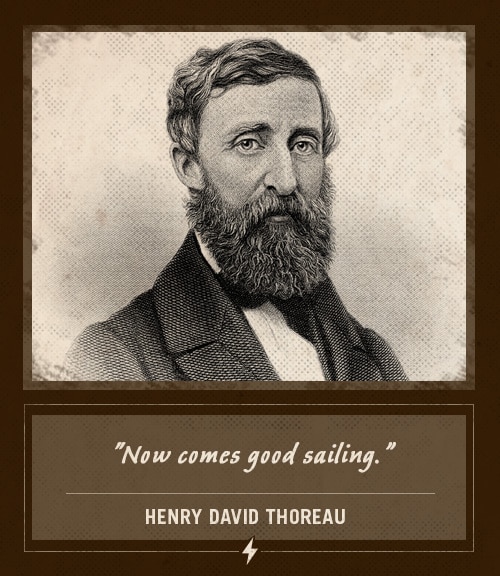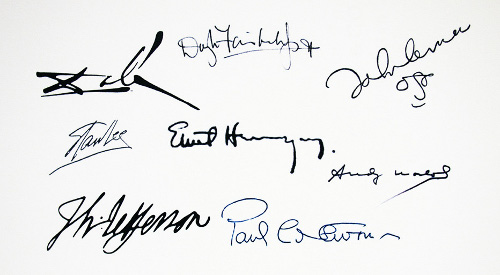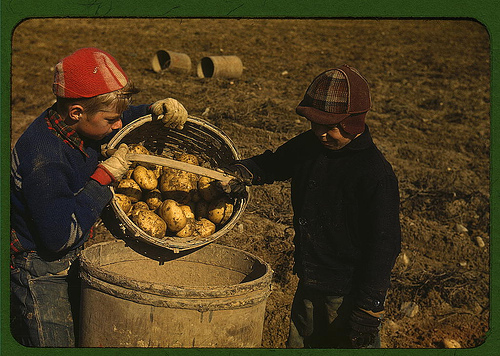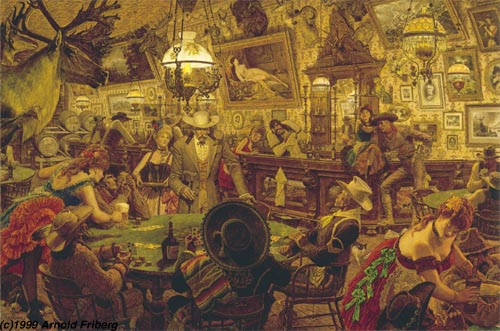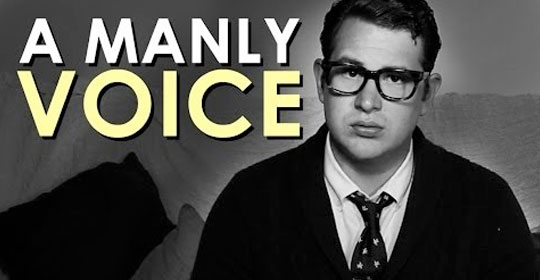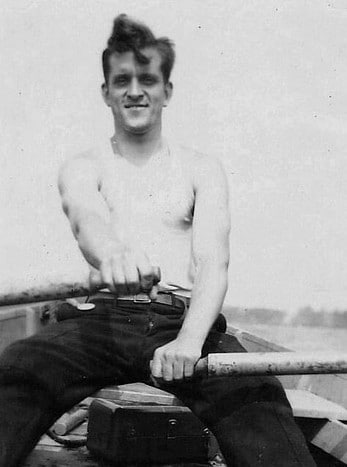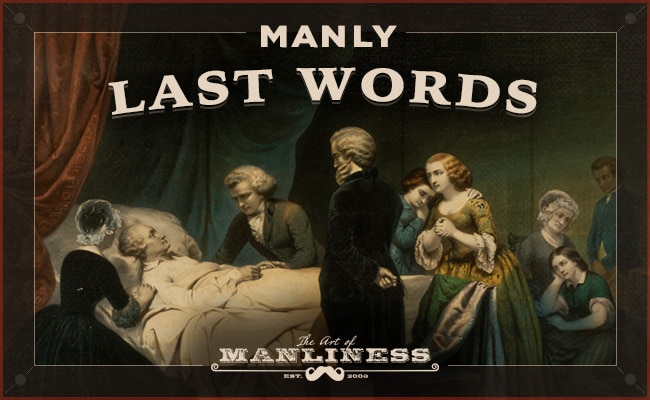
With our archives now 3,500+ articles deep, we’ve decided to republish a classic piece each Friday to help our newer readers discover some of the best, evergreen gems from the past. This article was originally published in April 2017.
People have always been intrigued by the last words of others. What did a man use his final breaths to utter? Were they scared as they glimpsed the great beyond, or did they brace up and stoically accept — heck, even welcome — what was coming?
Over the years we’ve compiled a couple collections of last words. We’ve not only combined those articles, but added even more entries to give you this ultimate collection of manly last words. From intriguing to poignant, badass to just plain virile, these words and phrases offer a man the chance to contemplate what he’d say himself right before taking his last mortal breath.
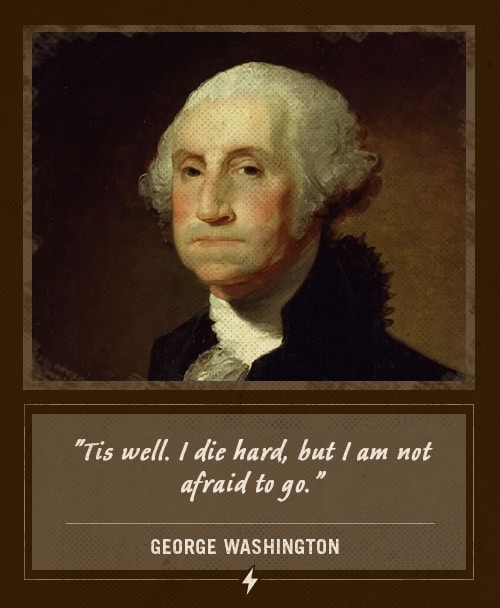
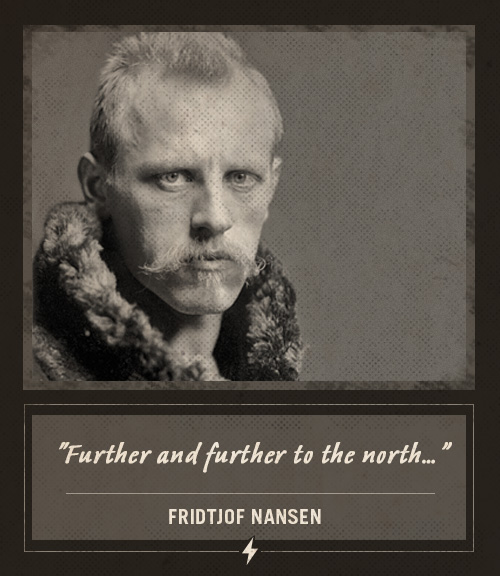
Nansen was a Norwegian explorer who reached a record northern latitude during his North Pole expedition.
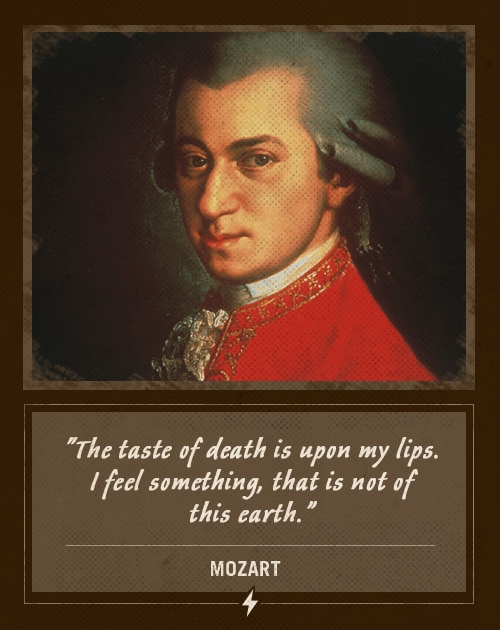
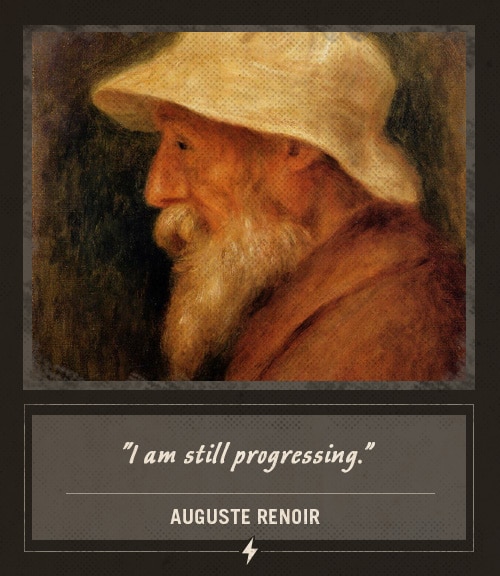
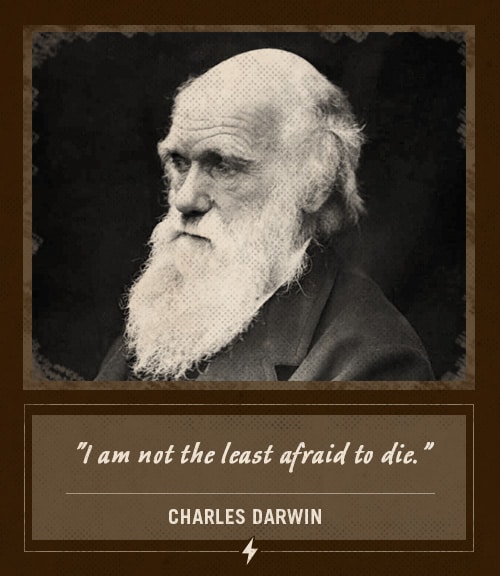
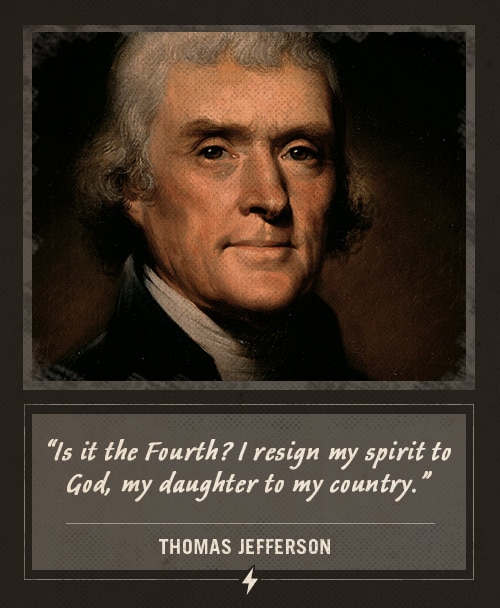
Jefferson died on July 4, 1826, exactly fifty years after the signing of the Declaration of Independence, a document he had largely written himself.
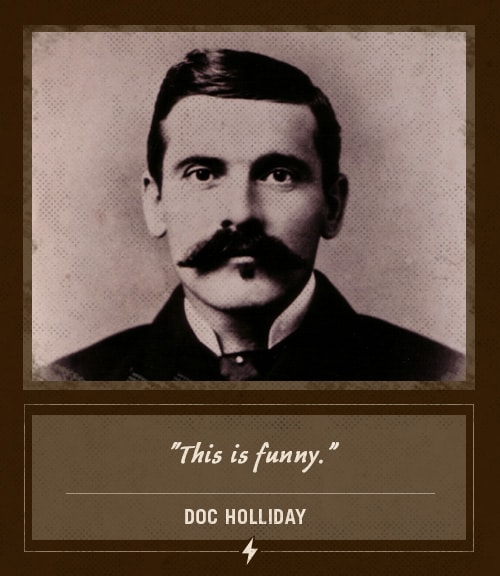
The gunfighter thought, and perhaps hoped, that he would die in a fight or “with his boots on.” He died in a hotel bed from tuberculosis. These last words were uttered after seeing his feet with boots off.
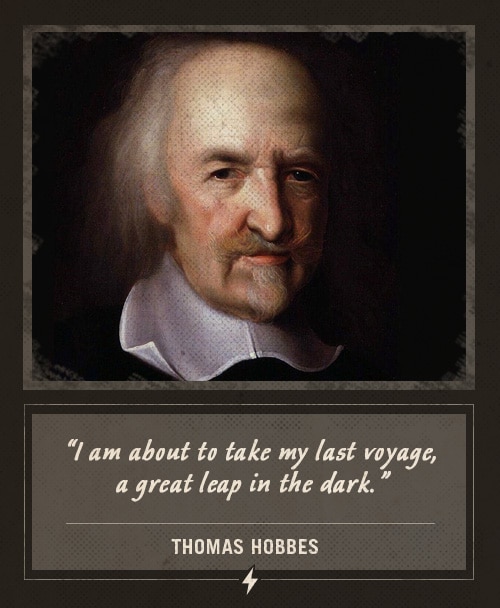
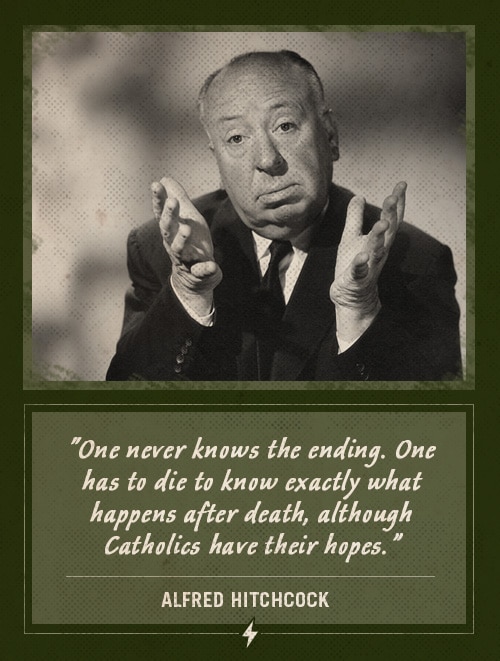
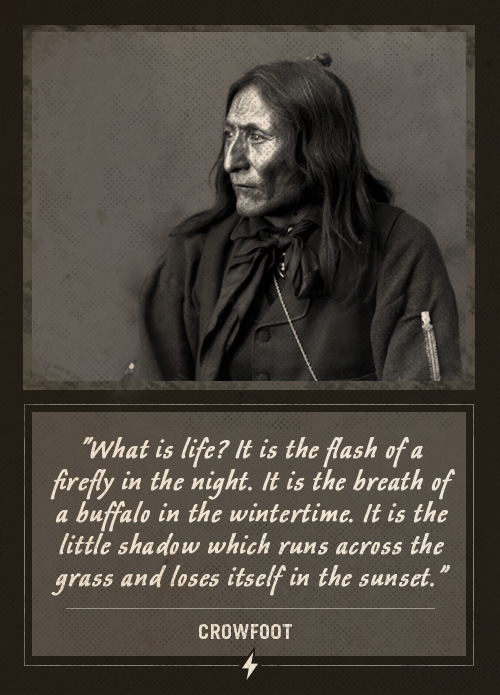
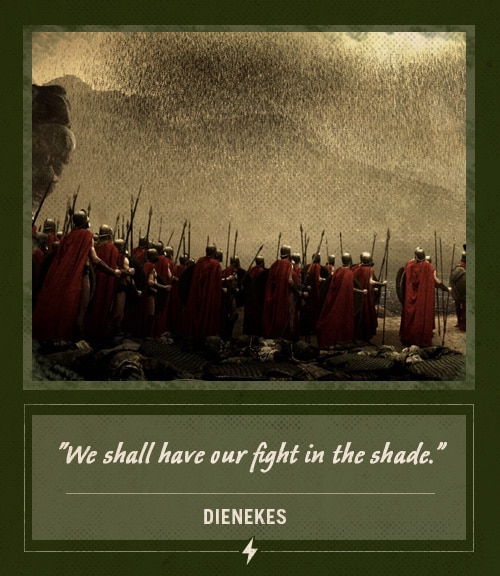
Dienekes is often credited with being the bravest of all the Spartan warriors. In the Battle of Thermopylae he was told that the Persians had such great numbers that their arrows would blot out the sun. Dienekes responded with this legendary phrase, which also adorns an AoM tee and patch.
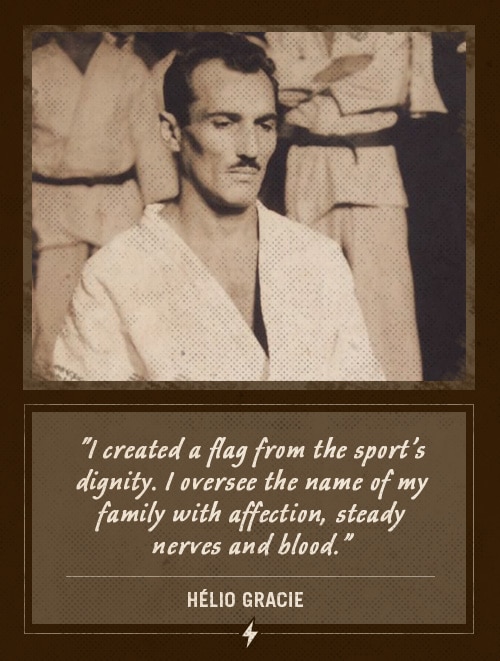
Gracie co-founded Gracie Jiu-Jitsu, or modern-day Brazilian Jiu-Jitsu.
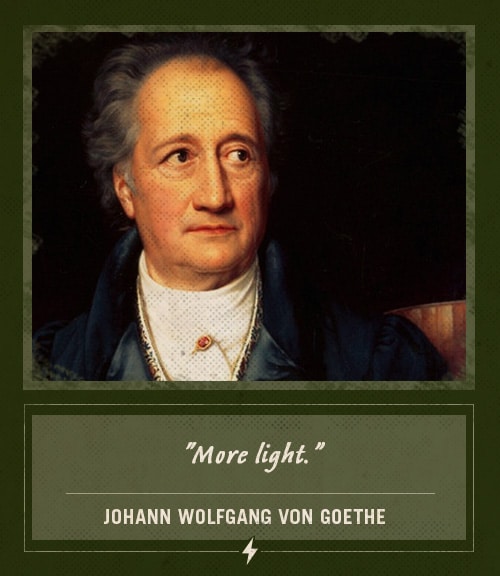
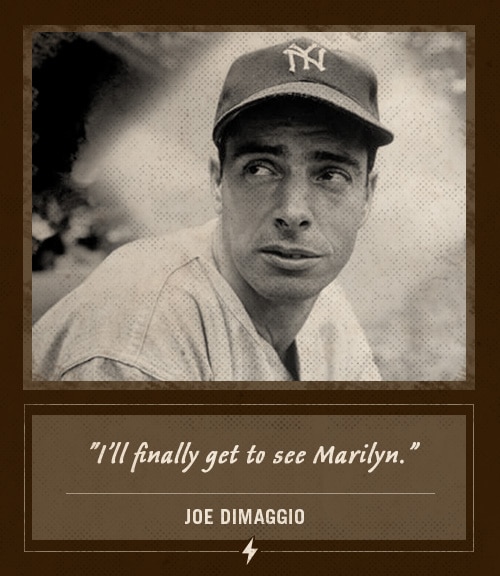
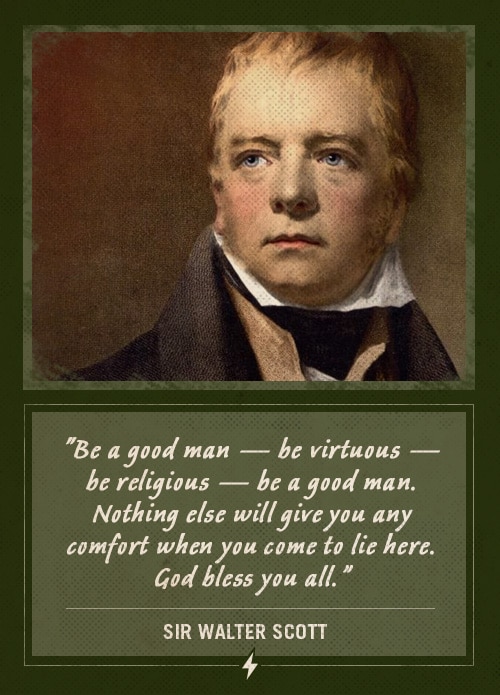
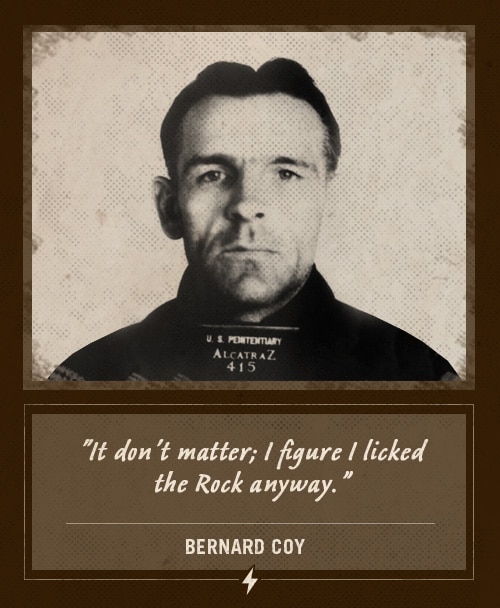
Coy, a convicted criminal, was shot while trying to escape Alcatraz prison (known as “The Rock”).
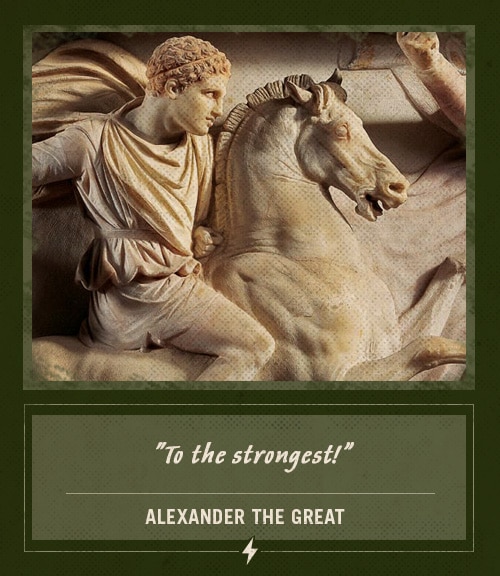
In response to his generals asking the heir-less Alexander which one of them would get control of the empire.
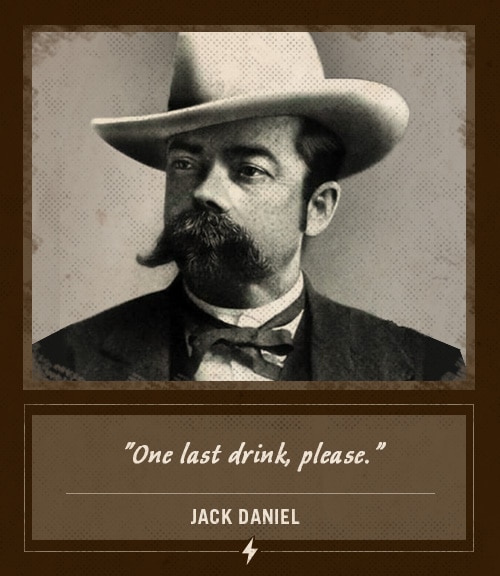
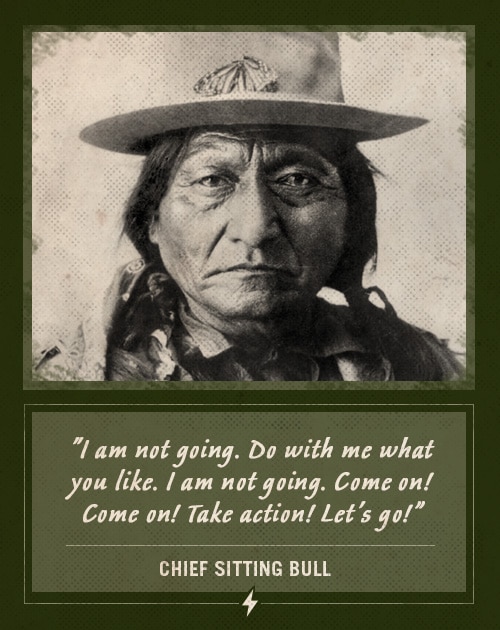
When police, fearing Sitting Bull was going to lead his people off the reservation, came to arrest him, the Sioux of his village gathered in outrage. Sitting Bull gave this order to fight back to his friends, and was subsequently killed in the resulting skirmish.
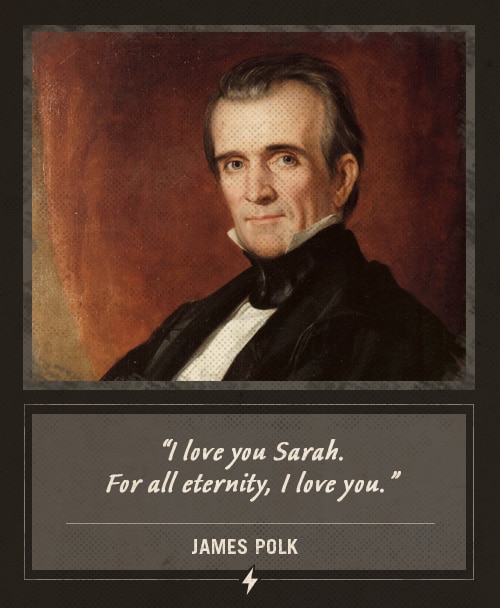
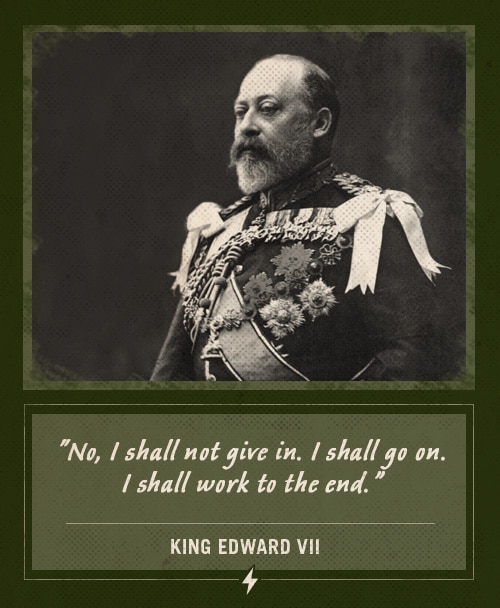
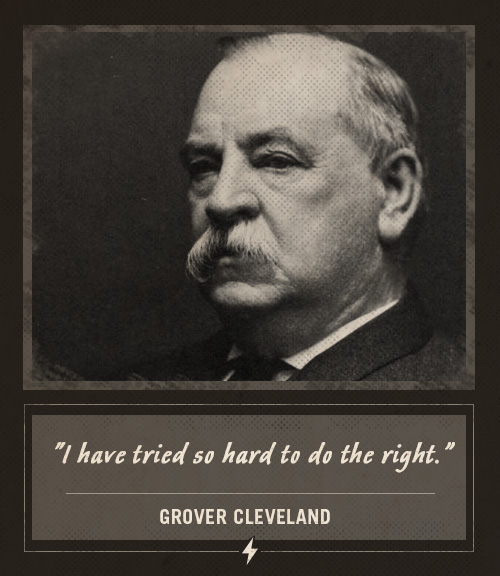
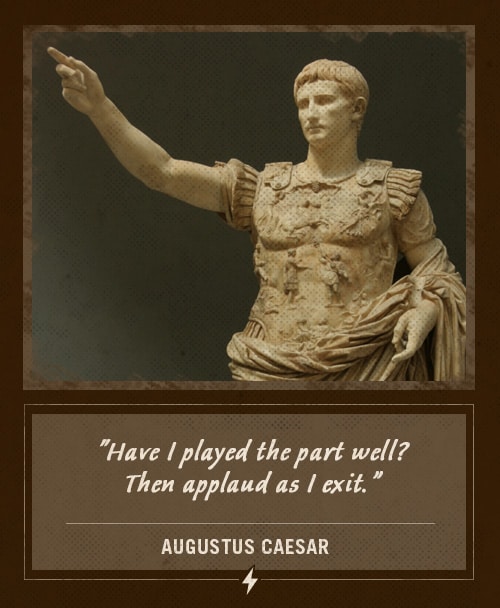
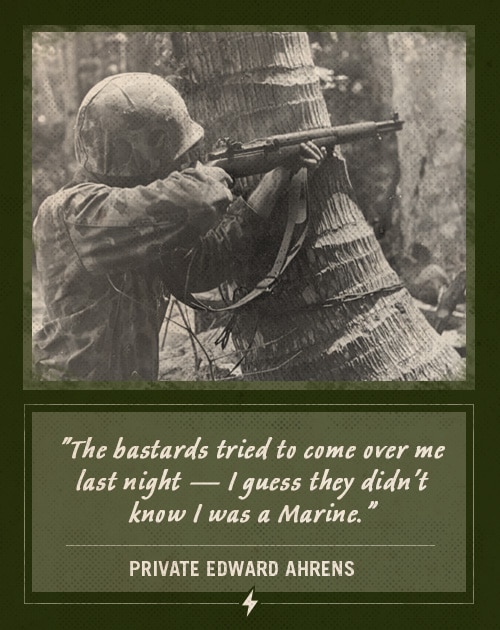
During the Battle of Guadalcanal, Private Ahrens was mortally wounded while single-handedly fighting back a group of Japanese soldiers attempting to infiltrate Allied lines. After his superior officer discovered Ahrens the next morning surrounded by dead Japanese troops, he whispered these words and died.
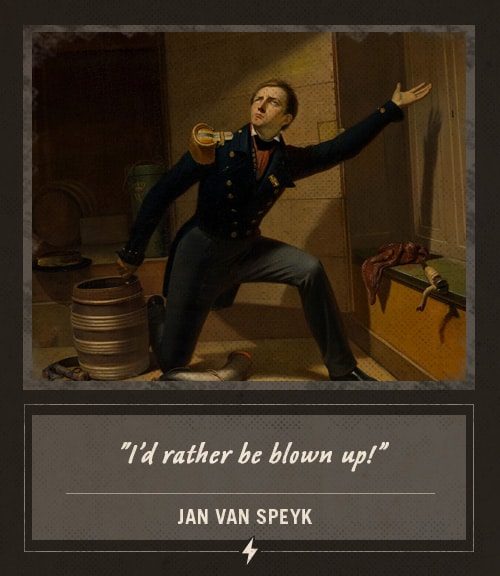
A Dutch naval lieutenant fighting in the Belgian War of Independence, Speyk so despised his foe, that when a Belgian force stormed his ship and demanded he take down the Dutch flag, he threw a lighted cigar into a barrel of gunpowder rather than surrender. Before the barrel exploded and killed dozens of Belgians and almost his entire own crew, he yelled, “Dan liever de lucht in!” – “I’d rather be blown up!”
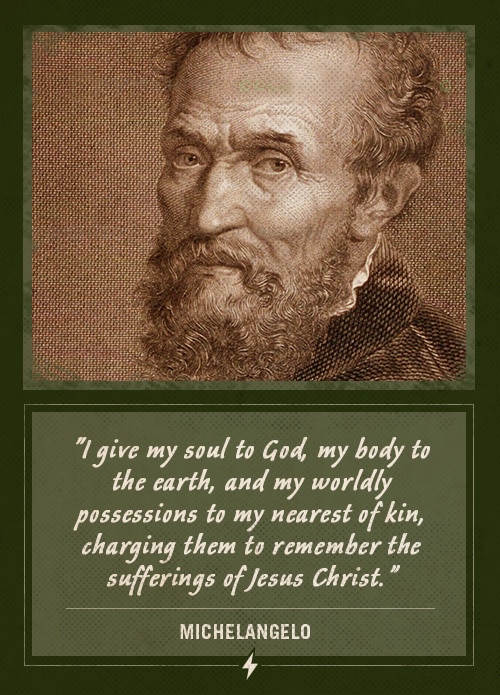
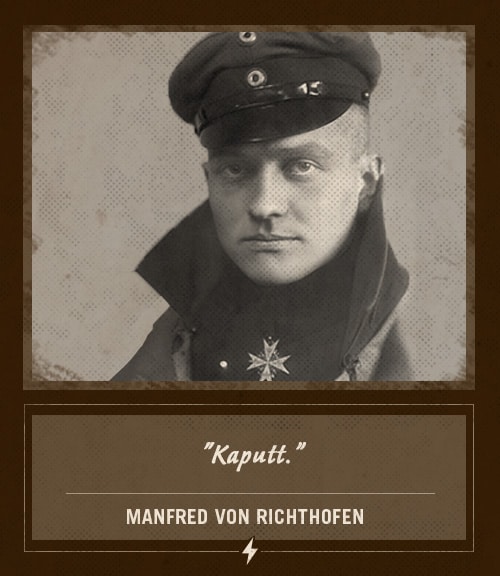
The top ace pilot of WWI, the Red Baron uttered these words after being shot in the chest during aerial combat and roughly landing his plane in a field in France. Kaputt is German for broken, busted, finished.
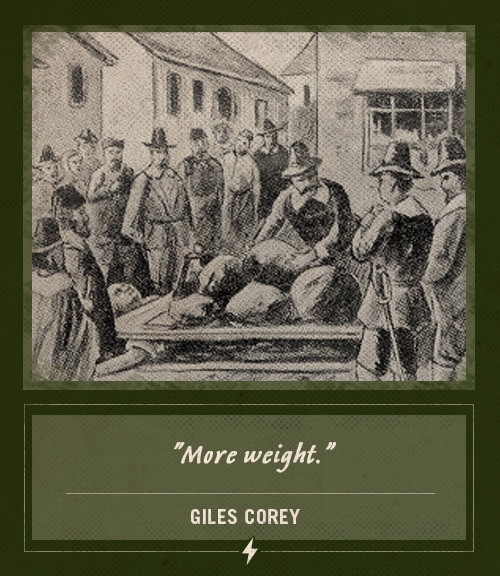
The 80-year-old Corey was accused of witchcraft during the 1692 Salem trials, but he refused to enter a plea to the court. As punishment, he was laid naked in a pit in a field, and slowly pressed to death over two days. Heavy rocks were gradually placed upon his chest, but he refused to cry out in pain, or enter a plea, and each time he was asked to do so, he simply replied: “More weight.”
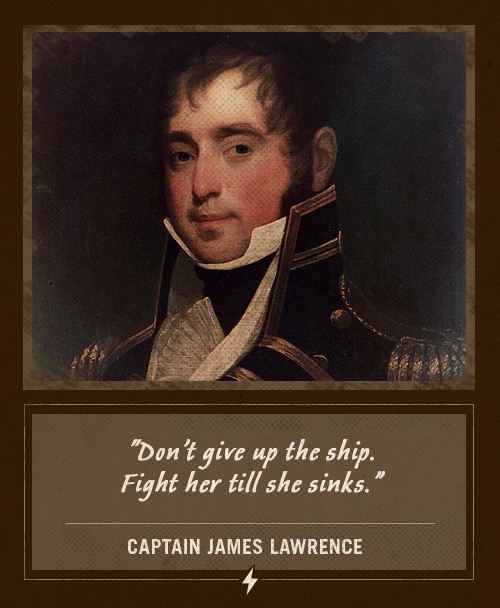
During the War of 1812, Lawrence’s ship, the USS Chesapeake engaged in battle with the Royal Navy’s HMS Shannon. The captain was mortally wounded with small arms fire, but encouraged his men to keep up the fight. His orders became a popular Naval battle cry.
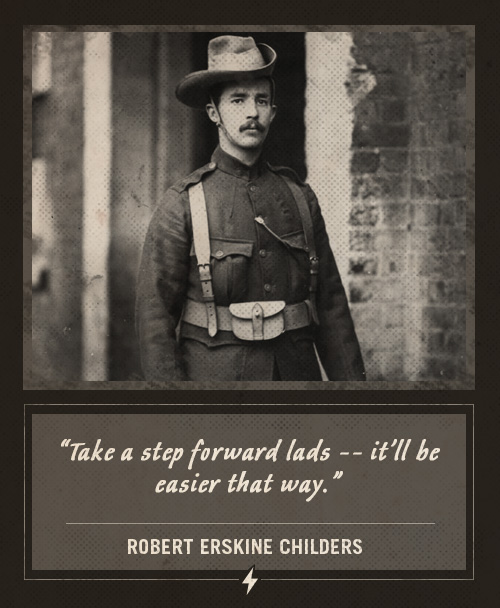
These were Childers’ last words to his firing squad before he was executed in 1922 during the Irish Civil War.
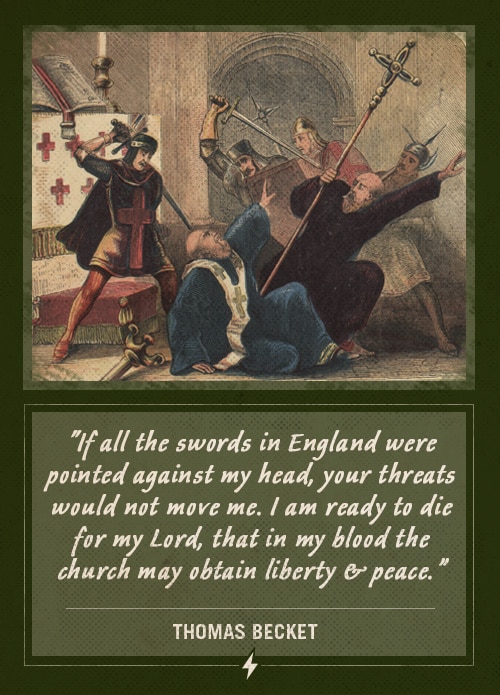
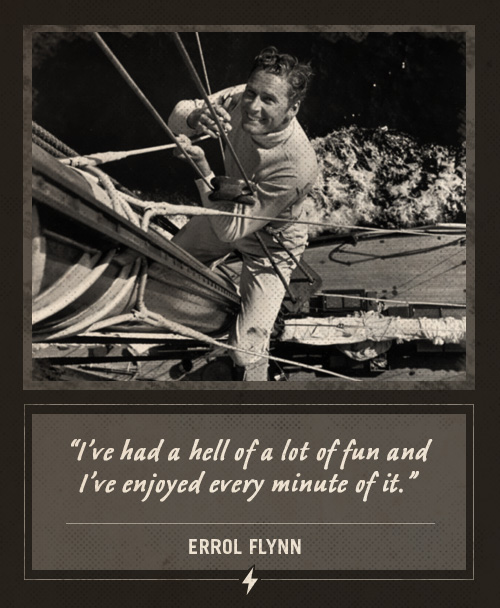
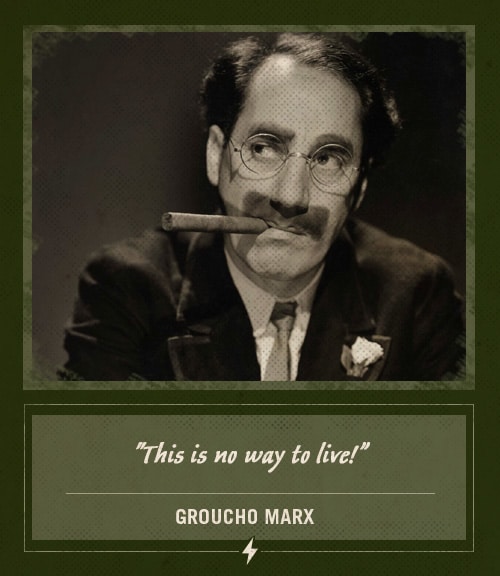
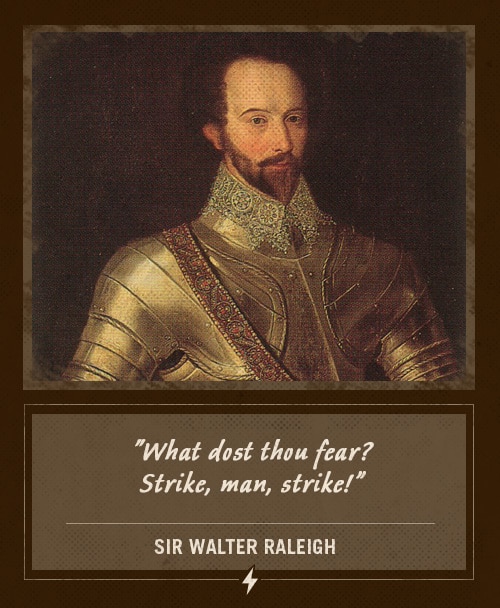
When Raleigh was executed for treason, he saw his executioner hesitating, and urged the man to do the deed with the above words.
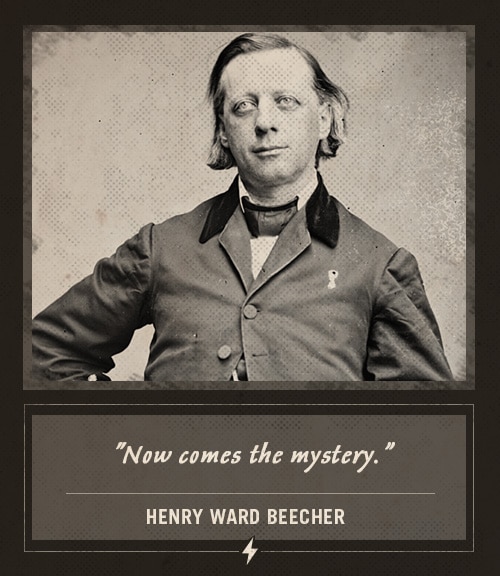
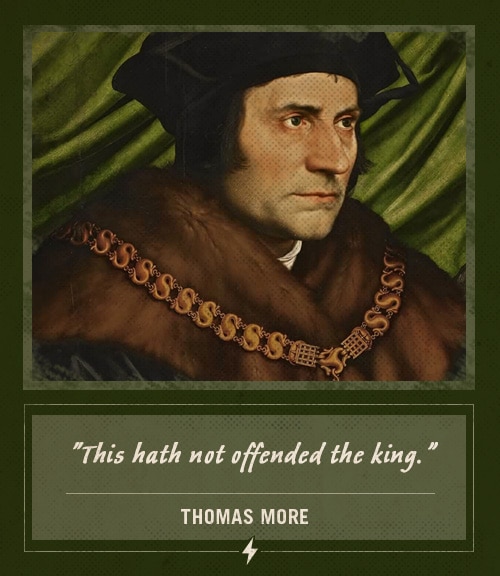
Thomas More was tried and executed for treason in 1535 because he wouldn’t support King Henry VIII’s marriage annulment and denied that the king was the head of the Church. Before being beheaded, he said his last words in reference to his beard. He positioned his beard on the executioner’s block so that it wouldn’t be harmed while he was beheaded.
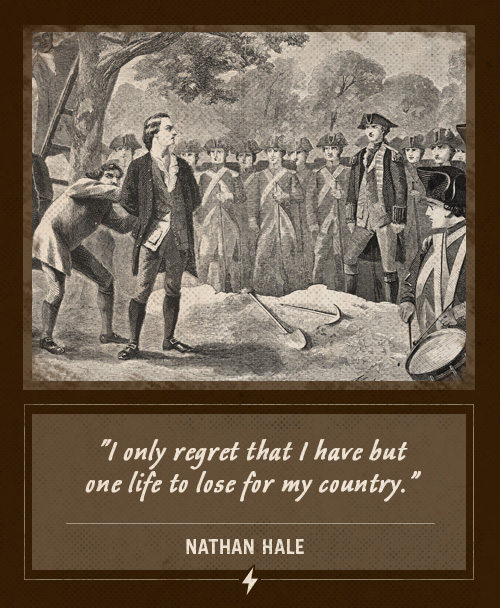
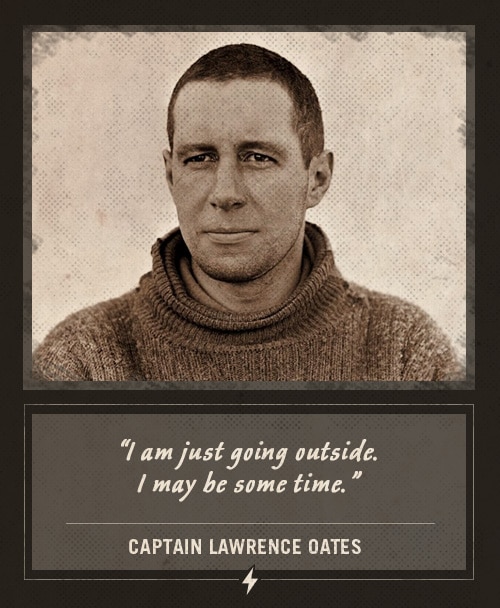
On the 800-mile return trip of Robert Falcon Scott’s unsuccessful attempt to be the first to reach the South Pole, his team desperately slogged through freezing temperatures and blizzards, trying to stay on schedule and reach the supply depots along the way. Oates’ feet were badly frostbitten, and he was slowing down the rest of the men. He volunteered to be left behind, but his comrades refused to leave him. So finally he simply walked outside his tent and into a blizzard, telling the others, “I am just going outside. I may be some time.”
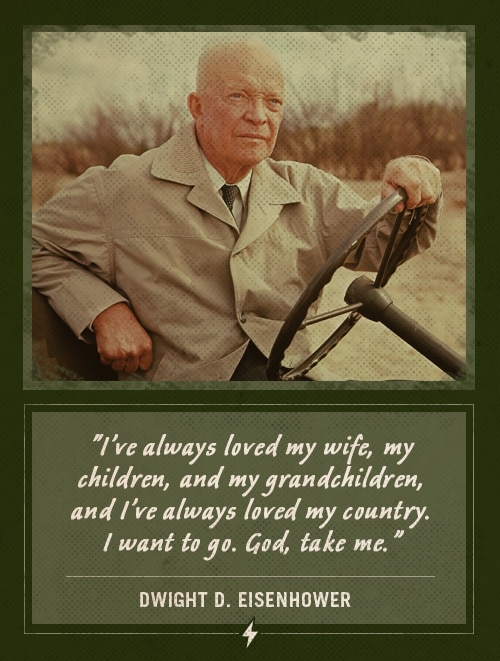
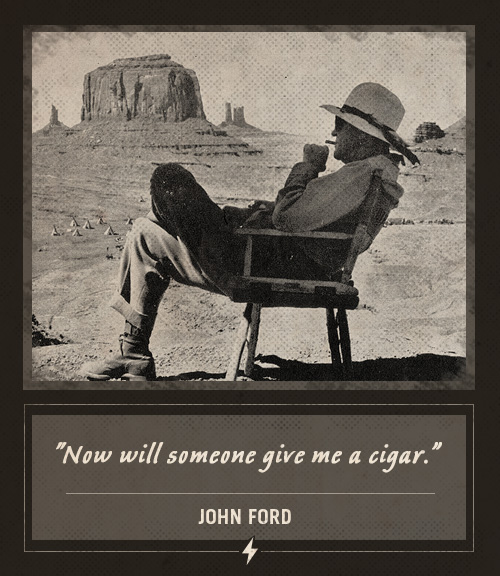
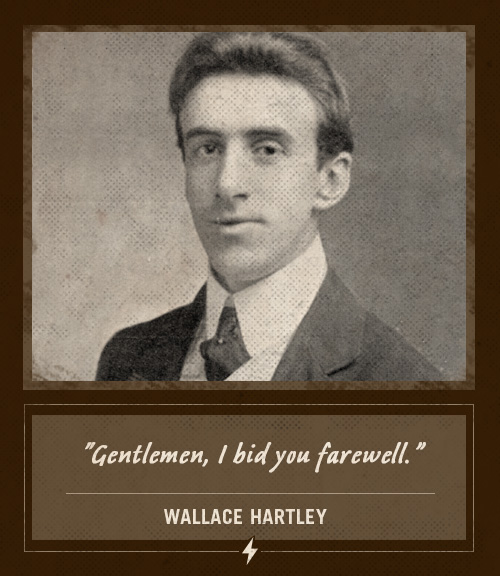
Hartley, bandmaster on the Titanic, and his fellow band members continued to play as the ship sunk in order to keep the passengers and crew calm. When the last lifeboats had been loaded, the musicians grabbed the railing on top the grand staircase’s deckhouse, and Hartley said this farewell to them just before a wave hit and washed him overboard.
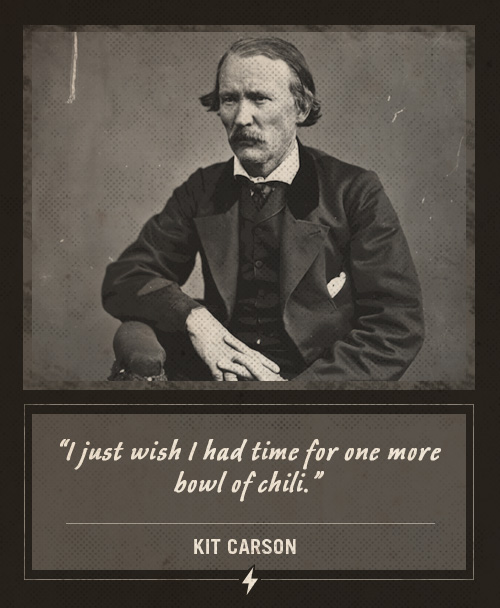
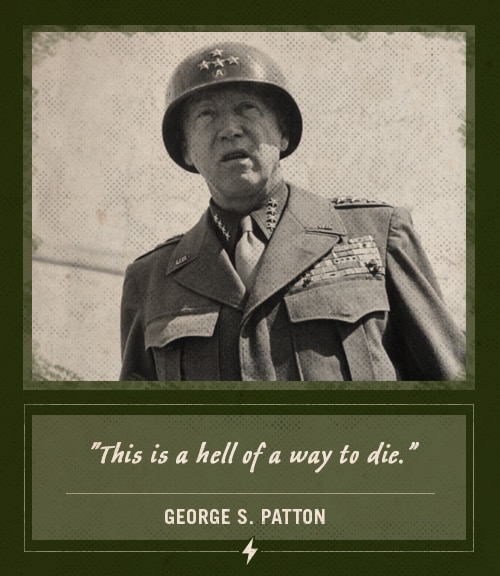
Patton died in 1945, right before leaving Europe. He was in a car accident en route to a hunting excursion that left him paralyzed from the neck down. He lingered in a hospital in spinal traction for 12 days; twas not the kind of glorious death the lifetime soldier had imagined for himself.
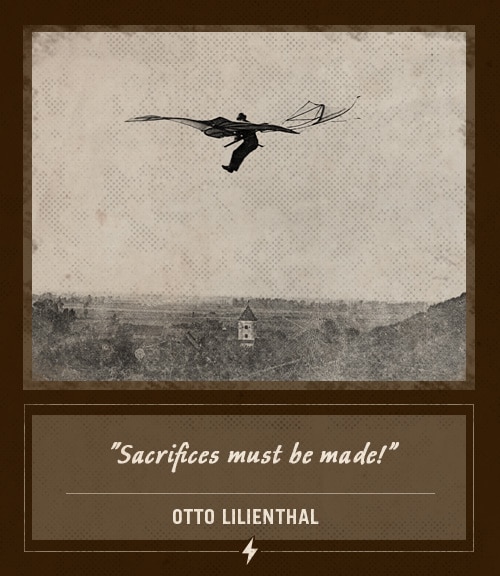
Passionate about the idea of manned flight, Otto Lilienthal was known as the “Glider King” and made over 2,000 flights in glider models he designed himself. In 1896, his glider stalled, and he fell 56 feet, critically fracturing his spine. These were his last words to his brother before he succumbed to the injury.
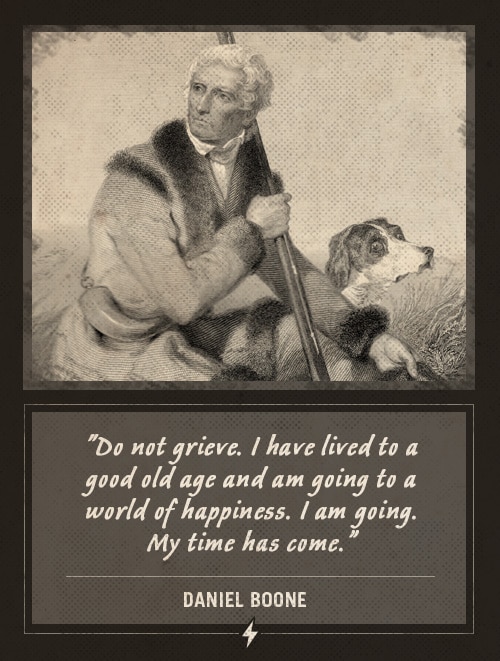
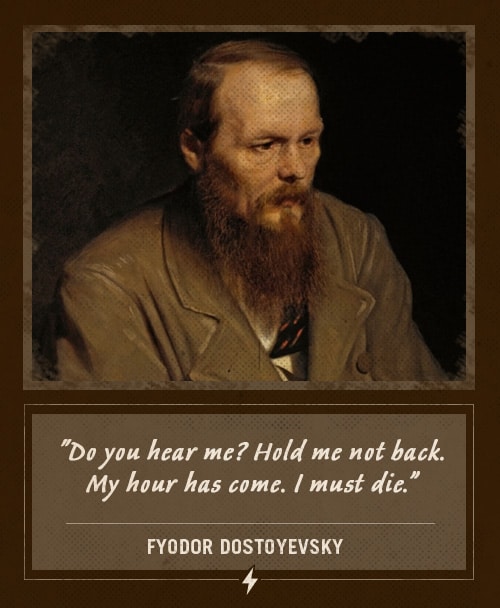
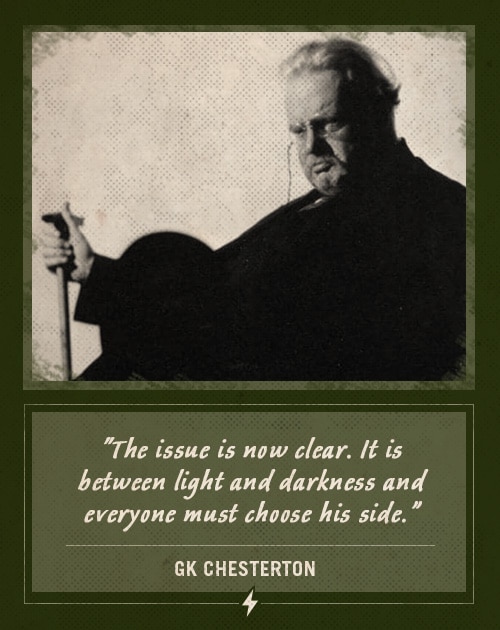
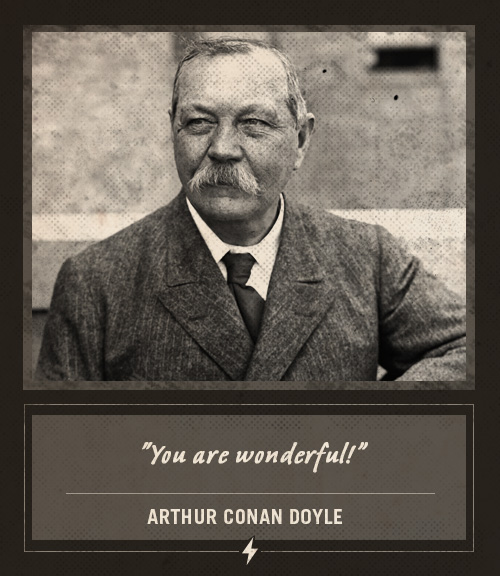
Famed creator of Sherlock Holmes, Doyle said these words to his wife while walking in their garden before clutching his chest and dying of a heart attack.
